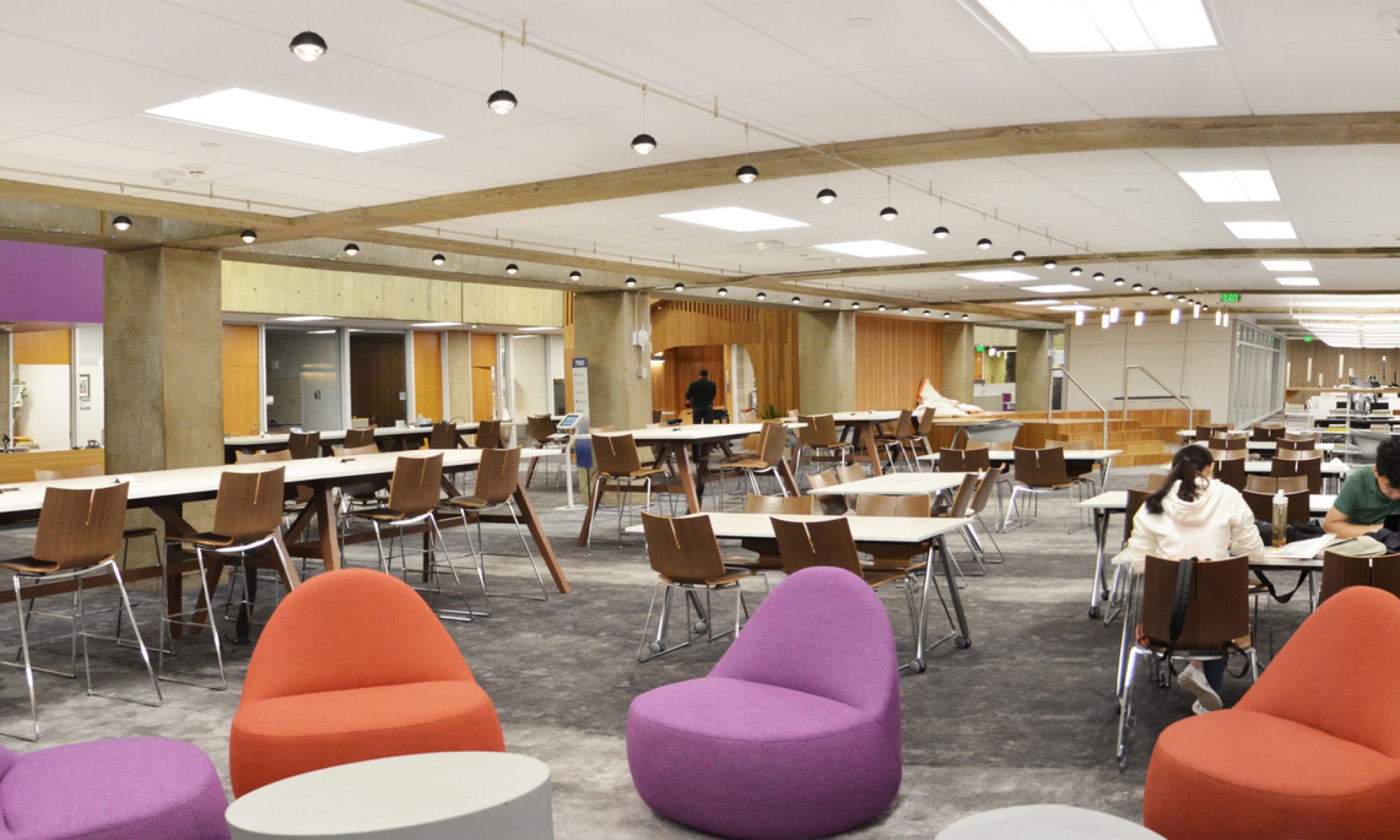Welcome to the FreeSeats project page!
Group Members: Nathan Ang, Jonathan Cheng, William Foy
About
FreeSeats is a system which displays workspace availability in real time. The project goal is to give students valuable insight into where they choose to settle down for the day’s work. This eliminates the disappointment people often face after traveling to a cafe or library, only to discover there are no seats left. We’re aiming for a system that is fully functional across multiple spaces, reflecting the status of real seats in Carnegie Mellon’s most popular study spots.
Product
There are three components to the FreeSeats system: Sensors, DataHubs, and the App.
FreeSeats sensors will be installed onto each chair monitored by the system. These will be pressure-based sensors that are small enough to remain undetected by any chair-sitter. When the sensor detects the chair is occupied, then it will notify the study space’s DataHub.
Each study space will have a DataHub, which is a wifi-enabled computer which collects data from all the sensors nearby. At regular intervals, the DataHub will publish the most recent occupancy data to our cloud storage solution, putting it into the App’s data flow.
There will be a single FreeSeats App, in the form of a dynamic mobile-friendly web application. The App will read data from cloud storage and display it in a readable manner for users to interact with. All this data will be updated in real time by our three components working together.
Design Goals
Our priority is seamless usability. We want to build something that people love to use. This is made more challenging by the hardware-software integration between the chairs and the application. In order to achieve great usability, chairs must feel unadulterated by our sensors when sat in, data collection and publishing must be instantaneous, and the FreeSeats user interface must be fast, responsive, and mobile-friendly.
